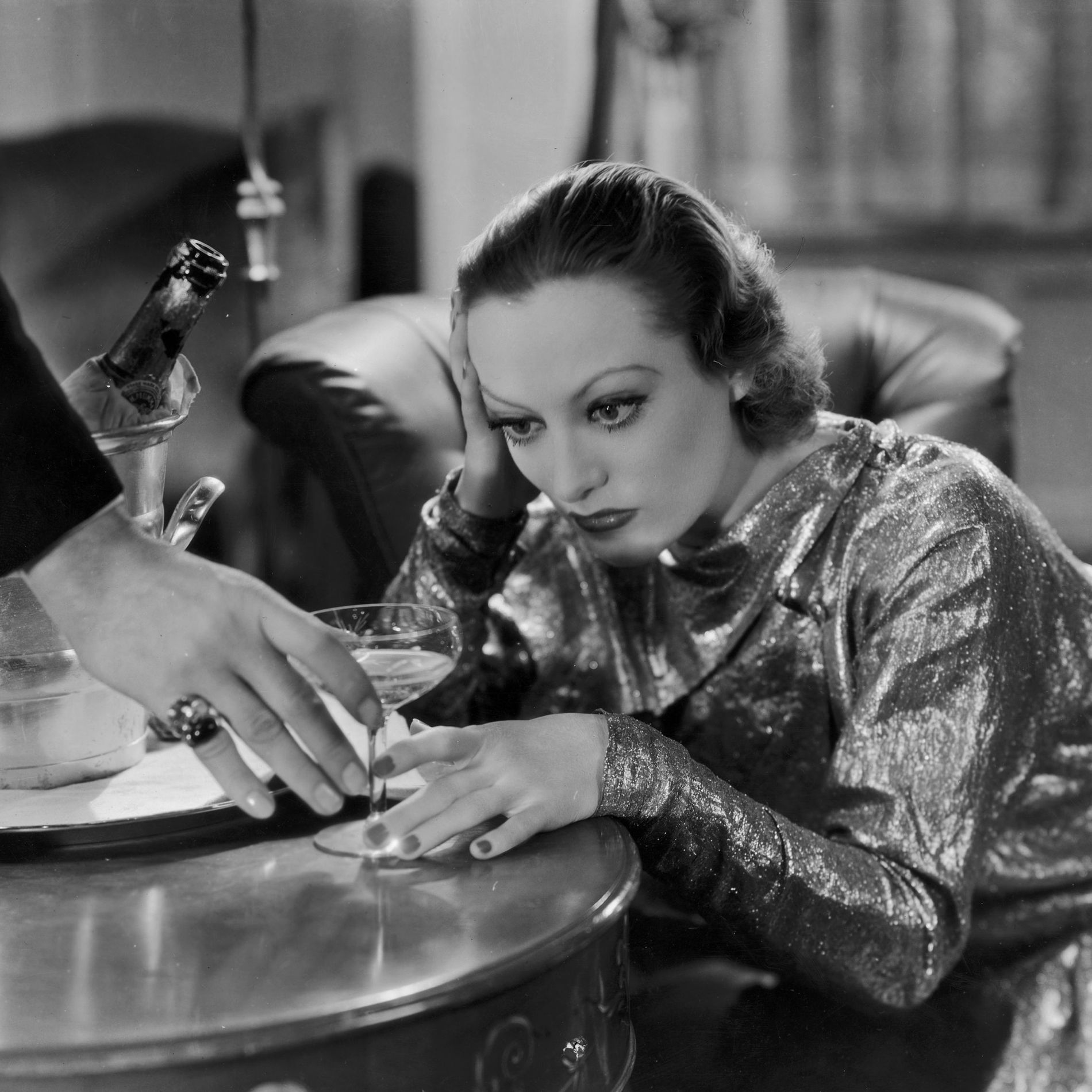Doing a dry January can have multiple health benefits that stretch way beyond that one month — here's everything you need to know
The holidays are a time of frivolity, general business, and celebration—most of which comes with cocktails. Add that to our annual want of resolution, and you get ‘Dry January,’ a month of sobriety designed to function as a ‘new year, new me’ reset. “The holidays are filled with work events and family gatherings that tend to be alcohol-centric, and many people feel like they need a break after a heavily social time of year,” says Mike Russell, co-founder and CEO of Monument, an online treatment platform that allows participants to reassess their alcohol consumption on their own terms. And as for the first-of-the-year element? “Many people look for clear ‘start lines’ when introducing new habits into their life, which makes a 30-day dry challenge at the beginning of a new year a particularly compelling time to quit drinking.”
According to the National Institute on Alcohol Abuse and Alcoholism (NIAAA), 67 percent of American adults 18 years and older reported drinking within the past year, with just over 11 percent reporting alcohol use disorder (AUD) within the same timeframe. But as sober curiosity (and the availability of some seriously superior mocktails) becomes more commonplace, Dry January begins to seem like less of a challenge and more of a welcome, booze-free vacation.
Even if you don’t plan to live a life that’s entirely alcohol-free, the benefits of a one month respite are worthy of consideration, particularly after such a hectic time of year. “We believe that anyone can benefit from taking a step back and examining their relationship with alcohol, whether that means stopping completely for a while or just cutting back,” says Dr. George F. Koob, director of the NIAAA. “At the very least, taking a break gives a person a chance to evaluate their relationship with alcohol and cultivate alternatives for relaxing, socializing, coping, and more.”
At most, a break from drinking may lead to better sleep, improved mood, strengthened relationships, and more. “I believe that Dry January’s enduring appeal lies in its simplicity and the tangible, immediate benefits it provides,” says Dr. Natalie Feinblatt, a trauma and addiction recovery therapist based in L.A. “It encourages people to reassess their relationship with alcohol and often leads to a deeper understanding of its impact on their physical and mental health.”
Read on to learn more about the benefits of Dry January and beyond.
Physical health benefits
For moderate to heavy drinkers, even a short-term detox from alcohol can improve weight, insulin resistance, and risk factors associated with cancer and cardiovascular disease (think: lower blood pressure). “Physically, abstaining from alcohol can lead to improved liver function, better hydration, and a more robust immune system,” says Feinblatt. “It often results in better sleep quality and increased energy levels, contributing to overall well-being.” Russell notes that an increase in energy (and a decrease in hangovers) create space for exercise and self-care. “Additionally, alcohol is known for its empty calories and high sugar content, and cutting it out can result in weight loss.”
Mental health benefits
Drinking alcohol impairs brain function, interfering with communication pathways and affecting our mood. Once you become accustomed to an alcohol-free routine, expect a decrease in undue anxiety—and a boost in overall self-esteem. “Alcohol tends to exacerbate anxiety,” says Russell. “People often drink as a coping mechanism, and while this can initially help soothe symptoms of anxiety, once the initial effects of alcohol wear off it can spike again with more intensity than before.” Learning to cope sans beverages can lead to feelings of self-reliance and ultimately a more confident and in-control outlook on your life.
Fringe benefits
With improved bodily and mental health comes improved...everything. “Abstaining from alcohol can help you feel more capable of fulfilling all your various roles and responsibilities, which can have a positive impact on your personal and professional life,” says Russell. “You’ll likely find yourself being more productive at work, and more present with your loved ones.” Your wallet will thank you, too. “Tracking your cost savings from not purchasing alcohol over the course of the month can be a really motivating reason to continue to moderate or abstain even beyond the 30 days,” says Russell. “Many people are surprised to discover how much money they spend on alcohol each week, which is more apparent when those savings are back in their pocket after a dry month!”
But first, seek support
A caveat to the copious upsides of Dry January: “The abrupt cessation of drinking after chronic, heavy alcohol use can precipitate dangerous, even deadly, withdrawal,” Dr. Koob warns. “Depending on how much and how often a person drinks, withdrawal symptoms could include insomnia, restlessness, sweating, anxiety, nausea, seizures, and even death. So, if one has been drinking heavily for a long period of time, it is best to stop under the supervision of a medical professional.”
Originally published on vogue.com
